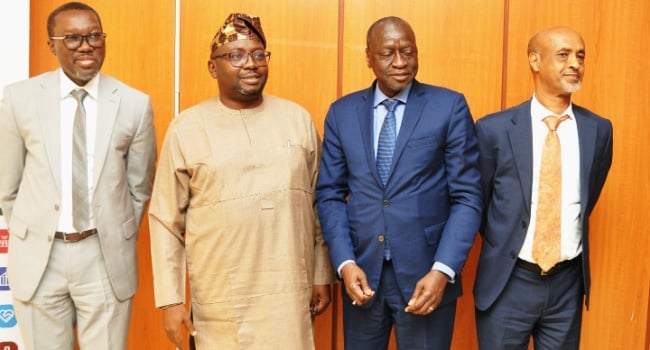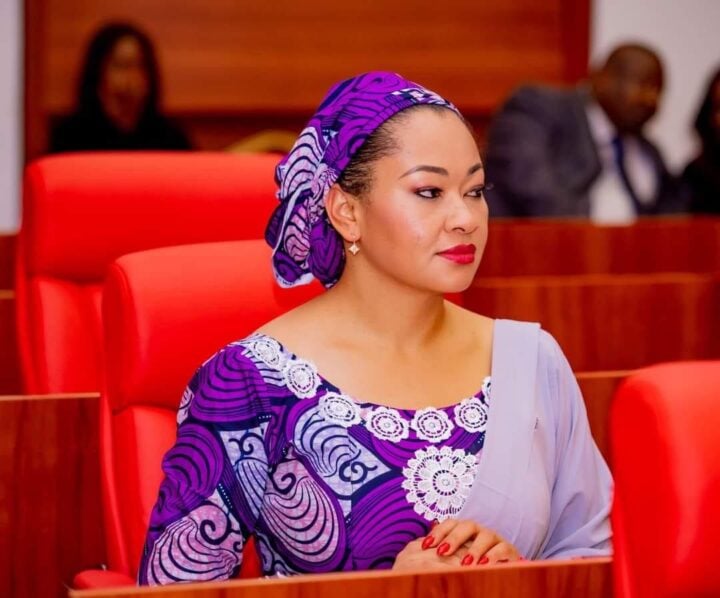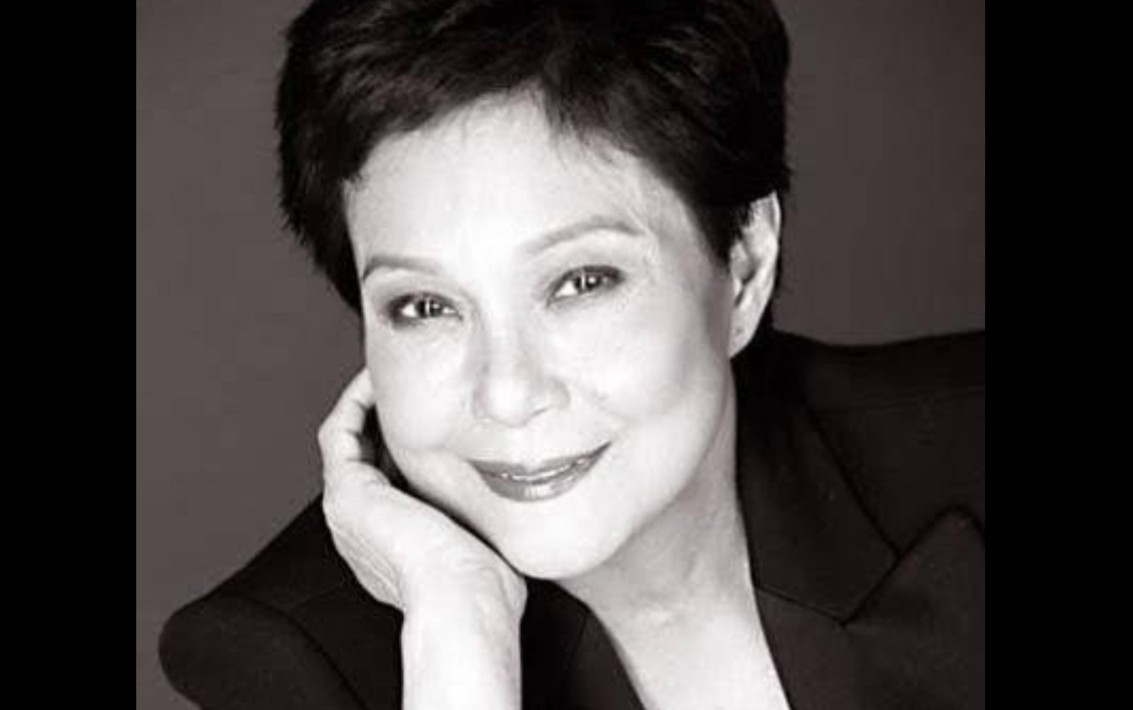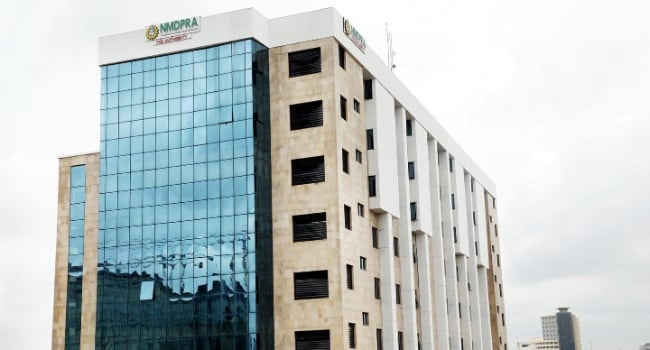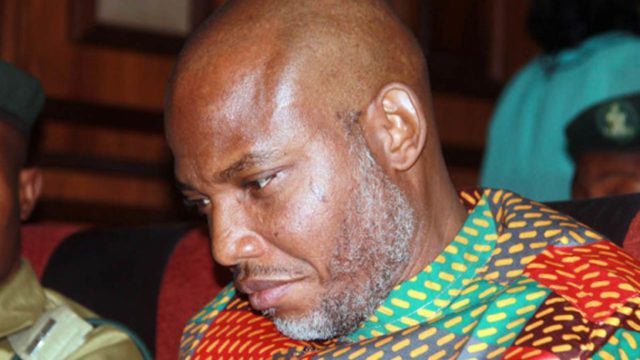Nnamdi Kanu Apologizes and Pleads Not Guilty on Terrorism Charges
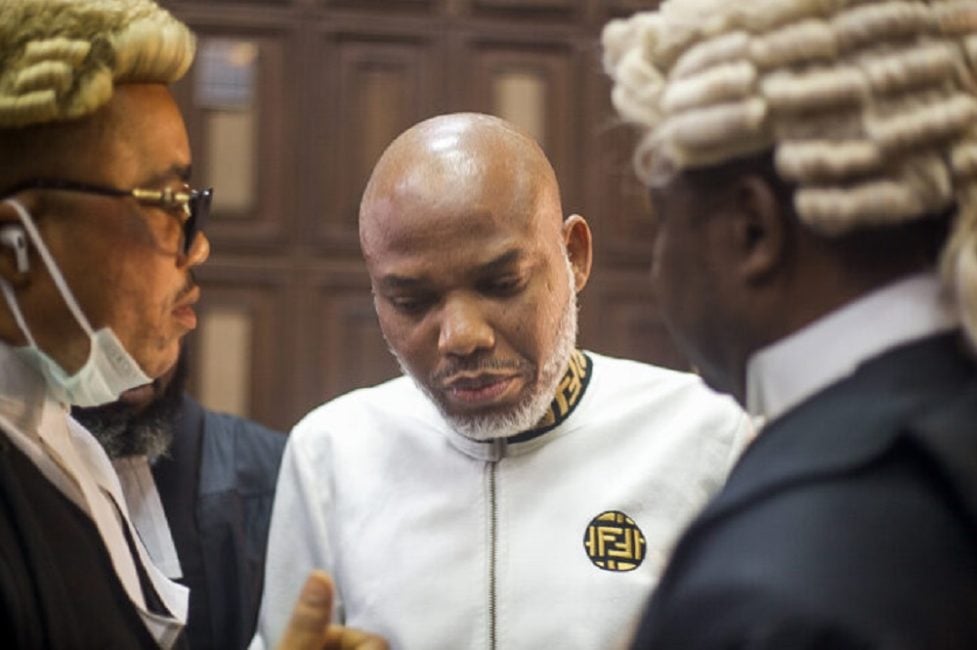
Nnamdi Kanu, the leader of the Indigenous People of Biafra (IPOB), has recently been re-arraigned before a Federal High Court in Abuja, facing fresh charges of terrorism. This development marks a significant turn in a legal saga that has seen Kanu's trial transferred to a new judge, accompanied by apologies for past conduct, and renewed pleas for justice.
During the court session, Kanu pleaded not guilty to the terrorism charges, which include allegations of operating an illegal radio station and inciting the break-up of Nigeria. The federal government's counsel, Adegboyega Awomolo (SAN), expressed readiness to proceed with the prosecution, adhering to the Supreme Court's directive for a fresh trial. Awomolo requested an adjournment to assemble witnesses and expedite the hearing.
Kanu's new defense counsel, Kanu Agabi (SAN), did not object to the request, leading Justice James Omotosho to adjourn the matter to April 29, May 2, and May 6 for a full trial. Notably, Kanu appeared calmer than in previous sessions, offering apologies to Justice Binta Nyako and Awomolo for his past behavior during the proceedings. Agabi read Kanu's apology, extending it to the defense lawyers previously led by Aloy Ejimakor Esq for the harsh words directed at them.
"I hereby apologise to Justice Binta Nyako, she did not deserve the unjust attack. I apologise to Chief Adegboyega Awomolo, SAN, he deserves the highest respect. He was castigated without reservation," Kanu stated through his counsel. He appealed for forgiveness, emphasizing his dedication to defending the Igbo people and their rights.
The case was reassigned to Justice Omotosho after Kanu rejected further trial before Justice Nyako, who had initially recused herself on September 24, 2024. This decision followed Kanu's expression of a lack of confidence in Nyako's impartiality, prompting the Chief Judge John Tsoho to re-assign the matter on March 4.
Kanu's legal journey has been fraught with controversy, particularly his rendition to Nigeria from Kenya in June 2021, which the Supreme Court deemed a violation of his fundamental human rights. This backdrop adds complexity to the ongoing trial and underscores the high stakes involved.
In a related development, Kanu's apology extended to the court for his previous outburst, during which he made unsubstantiated allegations against Justice Nyako, claiming bias due to alleged corruption cases involving her family. These allegations, made without evidence, further strained the already tense legal environment.
Agabi, on behalf of Kanu, acknowledged that while his client had cause to be angry, his expressions of anger were inappropriate. "In expressing his anger, he attacked the Federal High Court, he attacked Justice Binta Nyako, he attacked the prosecutor and his own lawyers. I hereby apologise to Justice Binta Nyako. She did not deserve the unjust attack. I apologise to Chief Adegboyega Awomolo, SAN. He deserves the highest respect. He was castigated without reservations," Agabi stated.
Awomolo responded to the apology with understanding, stating that he has forgiven Kanu and is committed to ensuring a quick resolution of the charges. This gesture of reconciliation may pave the way for a more constructive legal process.
As the trial moves forward under Justice Omotosho, legal experts anticipate a pivotal legal battle. The outcome will have significant implications for Kanu, the IPOB movement, and the broader socio-political landscape of Nigeria.
Earlier, it was reported that Senate President Godswill Akpabio expressed surprise at Senator Abaribe's decision to stand surety for Kanu, describing Abaribe as "a risk taker for his people." This sentiment underscores the complex dynamics and deep-seated emotions surrounding Kanu's case.


